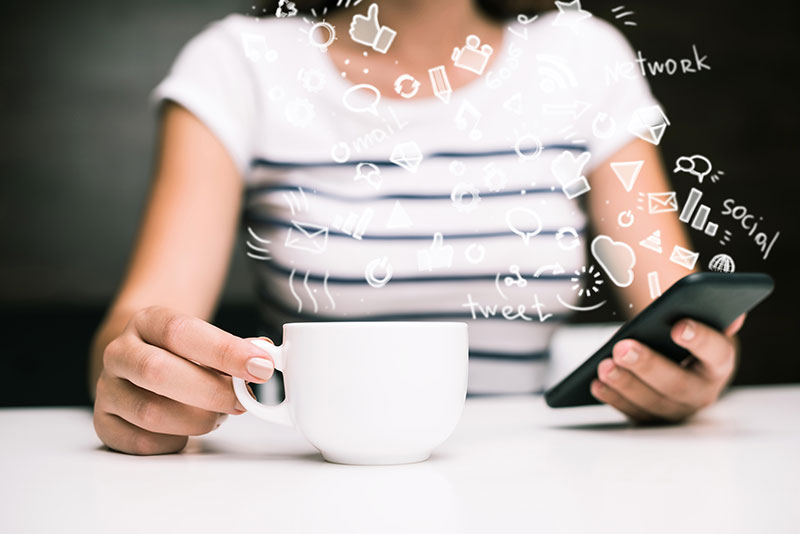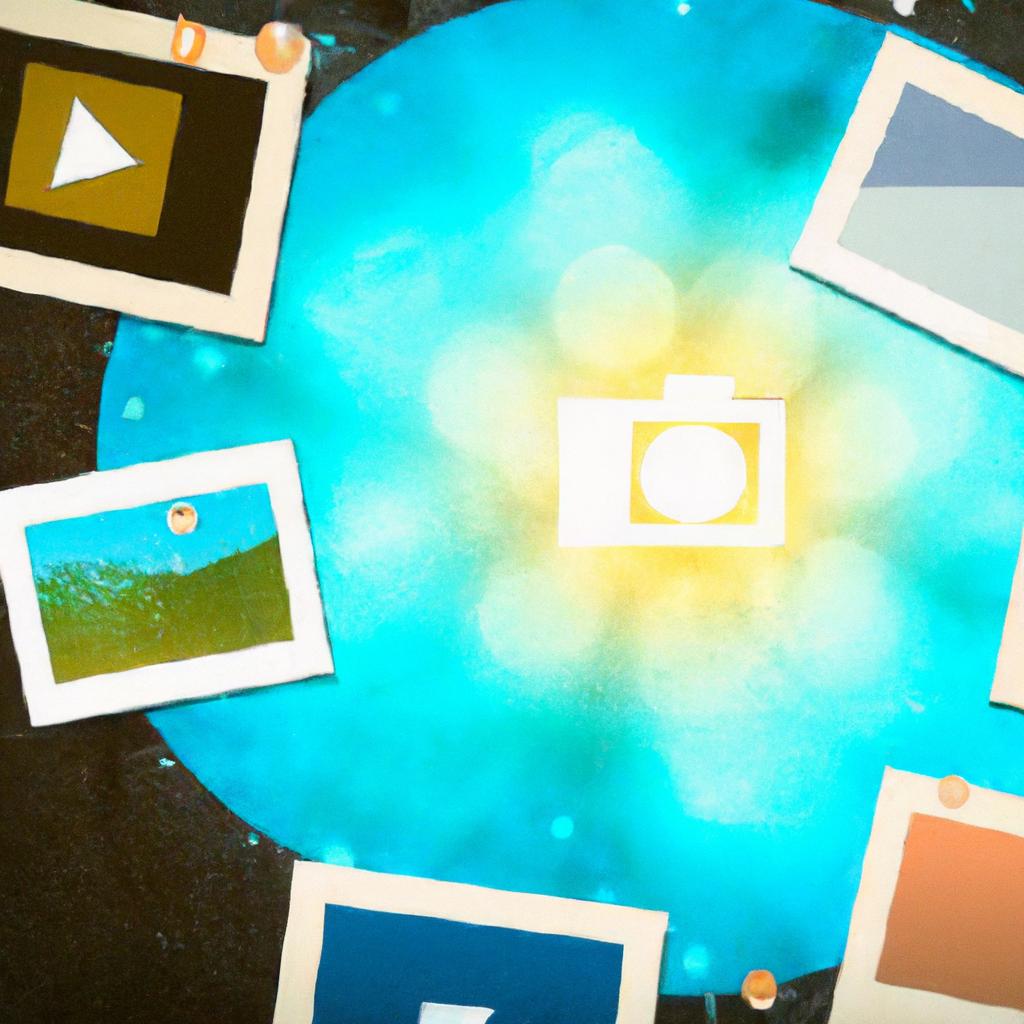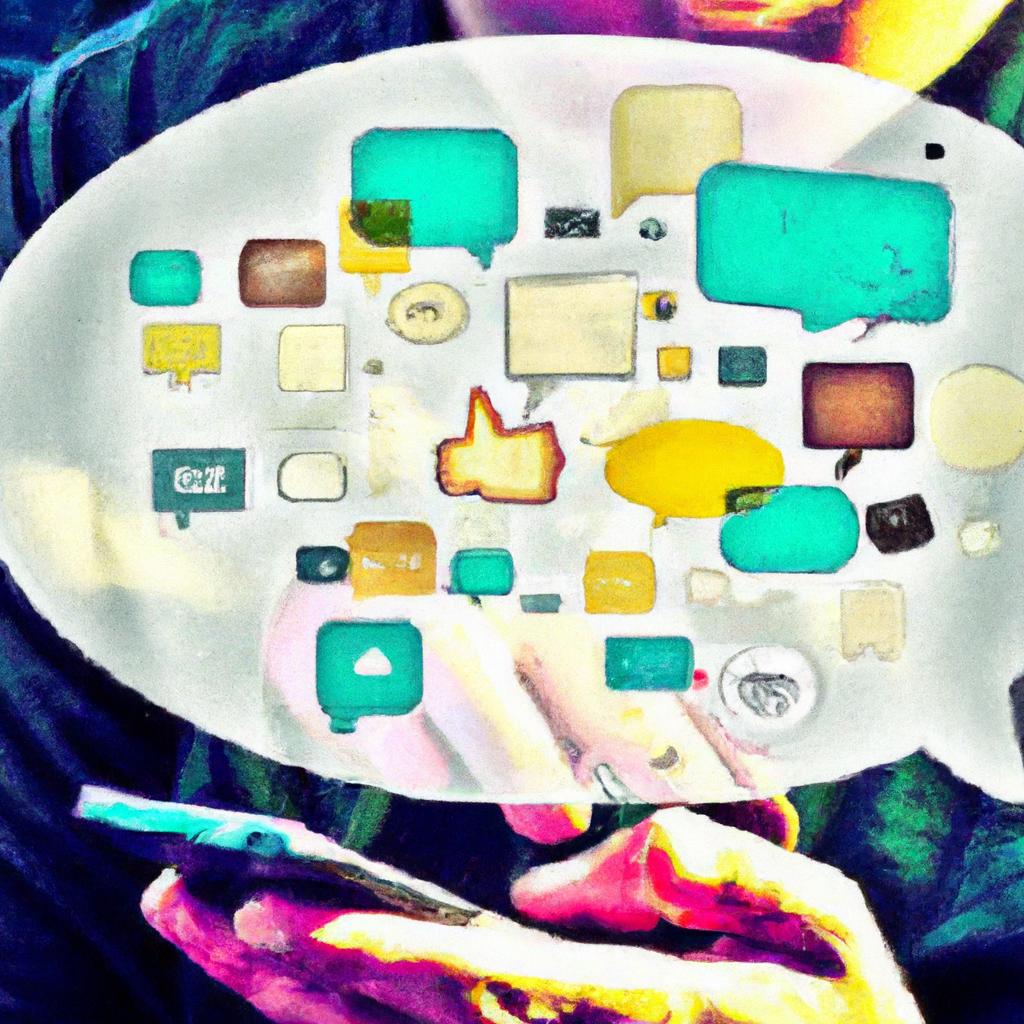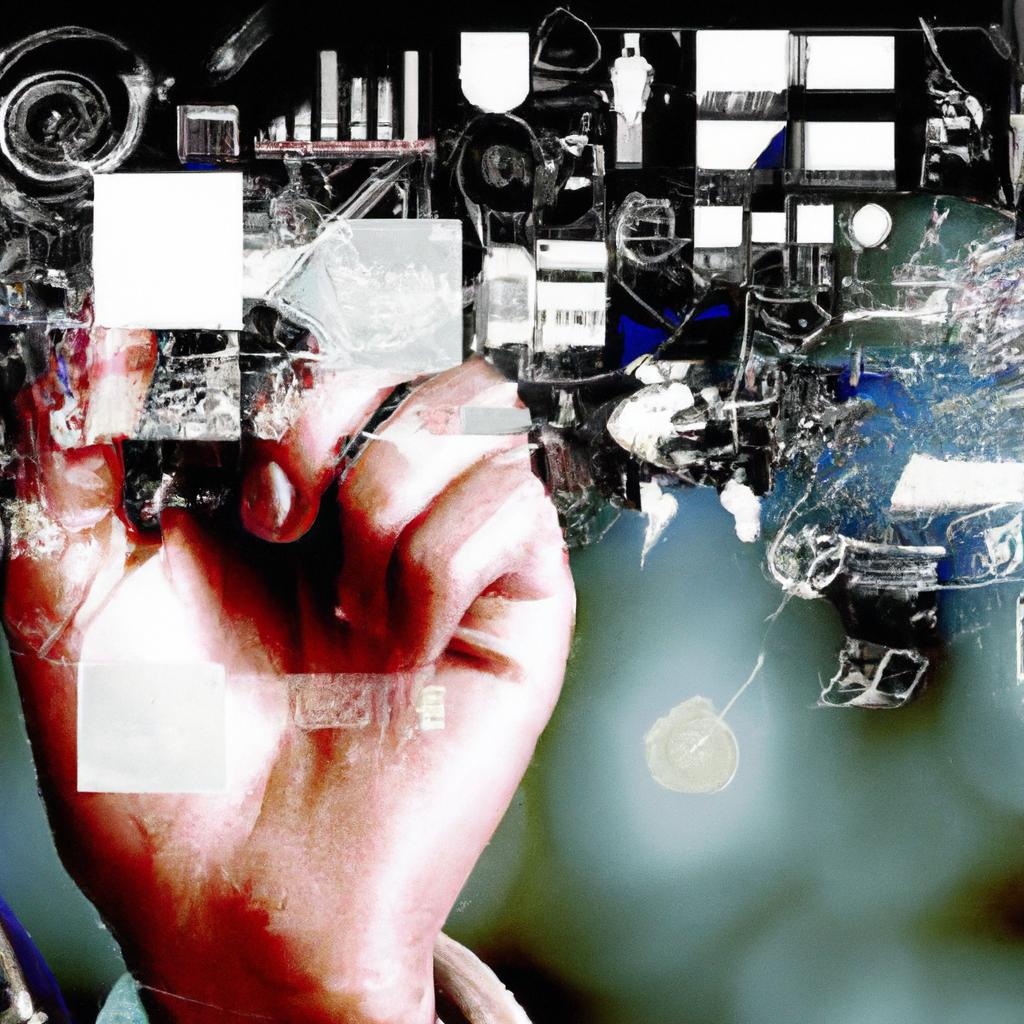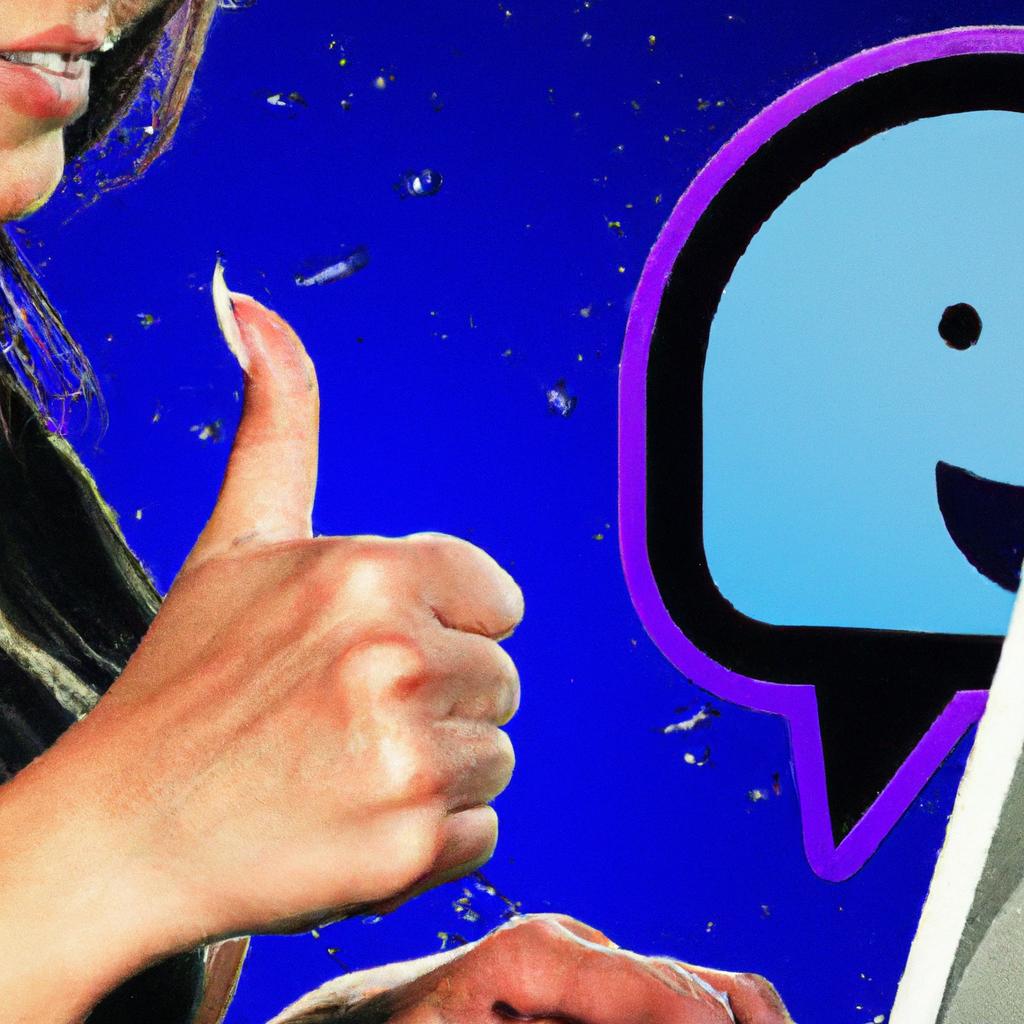How Mental Health Relates to Social Media
Mental health refers to the spectrum of our feelings, thoughts, actions and other mental and psychological factors that define who we are. Mentally-unhealthy persons have to deal with a myriad of challenges that affect their life choices, how they socialize and how they handle stress. In essence, our mental health directly affects how we perceive the world and the environment we live in. Mental health publication, Medical News Today, reports that human mental health can be severely affected by anxiety, stress, depression, and related conditions.
As we engage in discussions about mental health conditions, we must recognize that our environment, psychological and social conditions play a great role in defining us. We then have to ask ourselves the role of social media in all this and the impact of mental health on social media.
Social media has given the world a platform where people from diverse backgrounds get to interact with each other in real-time. The interactions cut across different cultures, age differences, gender, economic setups, religion and other barriers.
In the end, we have people who have different belief systems and social upbringings meeting on a single platform to chat, video-call and have any other form of interaction available to them. The bottom line is that one can never tell the other person’s true intentions for being on social media. Some people are there for fun, some crave for attention, some seek validation, some search for love, some are after business among other intentions.
With all these potentially-conflicting interests at play, social media is inevitably a ground full of content that can potentially compromise our mental health. Nonetheless, some people offer the support and encouragement needed and have mentally-nourishing content.
How can social media affect your mental health?
1. Cyberbullying
Social media has quite many people who are on a mission to demean others and make them lose self-confidence. Such people tend to pick real or imagined faults in others and use the same to ridicule them. Examples include body shamers, who often pick on people based on their appearance. It takes a significant amount of mental strength to block out their negative comments and/ or ignore them.
2. Perpetuating Inadequacy
Social media platforms have become grounds for show-offs and creating illusions of perfect lifestyles. Platforms like Instagram Tiktok, Snapchat and Facebook have become notorious for the promotion of vain glory, based on real, perceived or false success.
The often unrealistic standards of wealth, beauty and happiness have been a source of unwarranted pressure on some people. The pain that comes as a result of failure to replicate what is shown on social media can be a source of mental stress, anguish and depression. In some instances, people lose track of who they are or become withdrawn from society.
3. Sleep deprivation
Research has shown that there is a link between poor sleep and excessive use of social media. Left unchecked, social media can become addictive, and steal valuable time from us, including sleeping time. Often some people end up chatting late into the night, thereby depriving themselves of adequate sleep. In the end, inadequate sleep affects our mental and physical health and also reduces our productivity.
4. Fear of missing out
People who are hooked to social media often develop anxiety disorder linked their use of those platforms. They find themselves unable to resist the urge to constantly check their phones in the hope of getting new interesting updates. In the absence of such updates, such people end up feeling ignored, disliked and forgotten by people they care about.
5. Healing and growth
While social media can be a toxic environment full of mentally-traumatizing content, some content creators churn out useful and valuable content frequently. These include people or organizations who give out encouragement, educate, empower, motivate, entertain and inform their audiences.
You can identify such pages and follow them, participate in discussions held on them and share their content to promote good mental health. Some organizations and professionals offer free online counseling sessions on social media. You also stand to benefit from individuals who share stories on their struggles with mental health and how they overcame.
How mental health has impacted social media
While acknowledging that social media is indeed awash with negative content that can be damaging to mental health, it is also worth looking at the other side of the coin.
Mental health has significantly impacted social media. Understandably, it is easier for a person who has overcome mental health challenges to be empathetic and more understanding towards people struggling with the condition. However, there are those with existing mental health conditions, who instead choose to pour their frustrations on social media without minding whether they are hurting others. This may be detrimental to others and may worsen already existing conditions.

